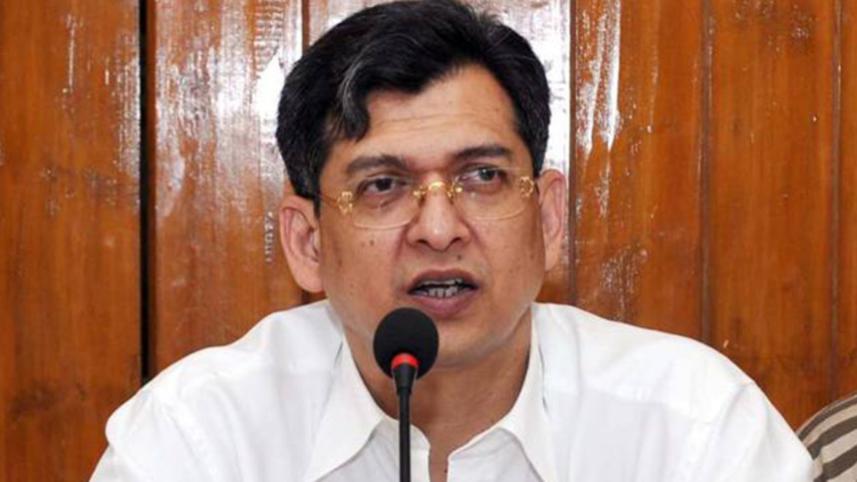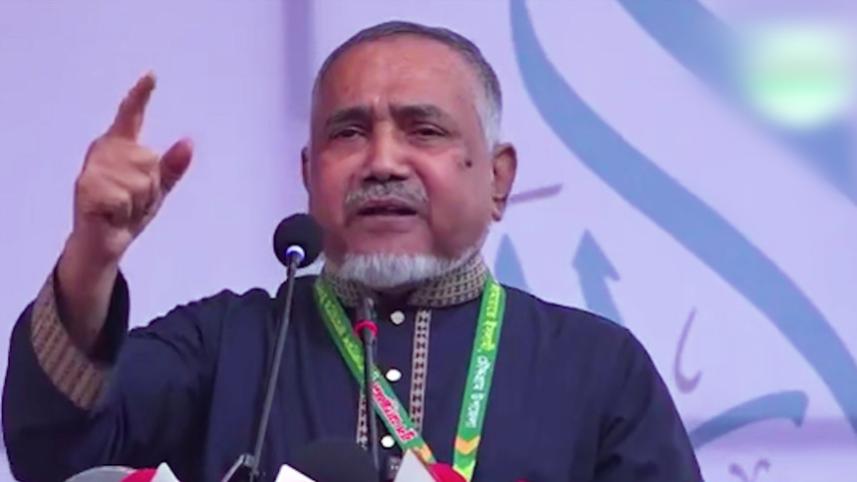Parties split over making July Charter legally binding

We will grant it constitutional and state recognition. If this isn't legally binding, what is?
The National Consensus Commission has finalised the agreed-upon reform proposals for inclusion in the July Charter, but parties remain split over whether to make the document legally binding for ensuring its implementation.
Some parties are calling for the charter to give a legal basis while others believe that the consensus it represents overrides legal formalities, making its implementation a moral and political obligation for any future government.
The BNP and its allies, including Jatiyatabadi Samamana Jote, the 12-Party Alliance, the National Democratic Movement (NDM), and the Labour Party, oppose giving the charter legal status.
Speaking to reporters, BNP Standing Committee member Salahuddin Ahmed said, "We are committing to implement this charter based on the sovereign authority of the people. There is no greater national consensus than this. It is above the law."

If there's no legal backing, signing or not signing will both be meaningless. The reform process would remain incomplete.
He said that the charter includes a proposal to implement reforms within two years of forming a new government, a timeline the BNP supports.
"The charter will not only be signed by the commission but by all political parties. It reflects the people's will and may be added to the constitution's fourth schedule," he said.
"We will grant it constitutional and state recognition. If this isn't legally binding, what is?"
In contrast, the Jamaat-e-Islami, the National Citizen Party (NCP), Islami Andolan Bangladesh, and several other parties have demanded a clear legal foundation for the charter.
Jamaat Nayeb-e-Ameer Syed Abdullah Muhammad Taher warned that his party would file a compensation lawsuit against both the government and the commission if the charter lacked legal validity.
"BNP claims the charter needs no legal basis, but relying on promises isn't enough. If it lacks legitimacy, it will be meaningless," he said.
"Even an oath means nothing without action."
Taher stressed that legal implementation is both feasible and essential.
"Those who claim it can't be done are misleading the nation. If there's no legal backing, signing or not signing will both be meaningless. The reform process would remain incomplete."
He urged the government and the commission to avoid what he called "another farce" with the people. "Those who made promises must now fulfil them," he added.
NCP Member Secretary Akhter Hossen echoed the demand for legal grounding.

If implementation is delayed or left to a future government, it could result in uncertainty and crisis.
"While consensus was reached on several issues, implementation details remain vague," he said.
"The preliminary draft mentions that reforms will be carried out within two years of the next parliament's formation. But if implementation is delayed or left to a future government, it could result in uncertainty and crisis."
Akhter warned that such ambiguity risks undermining the entire process.
"The charter emerged from long deliberations among anti-authoritarian forces and citizens. If implementation falters, our efforts will be wasted. The people expect a new state structure based on accountability, decentralisation, and balance of power."
The NCP leader added that most political parties supported the commission taking the lead in developing an implementation roadmap.
"We commend the commission for its patience and initiative. But now, it must move urgently to finalise a concrete path forward," he said.
Responding to these concerns, Commission Vice-President Prof Ali Riaz said that once the final draft is ready, it will be sent to political parties for feedback.
"If necessary, the commission will sit again to discuss the roadmap for implementing the charter," he added.




 For all latest news, follow The Daily Star's Google News channel.
For all latest news, follow The Daily Star's Google News channel.
Comments